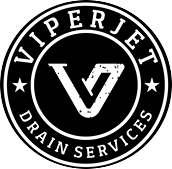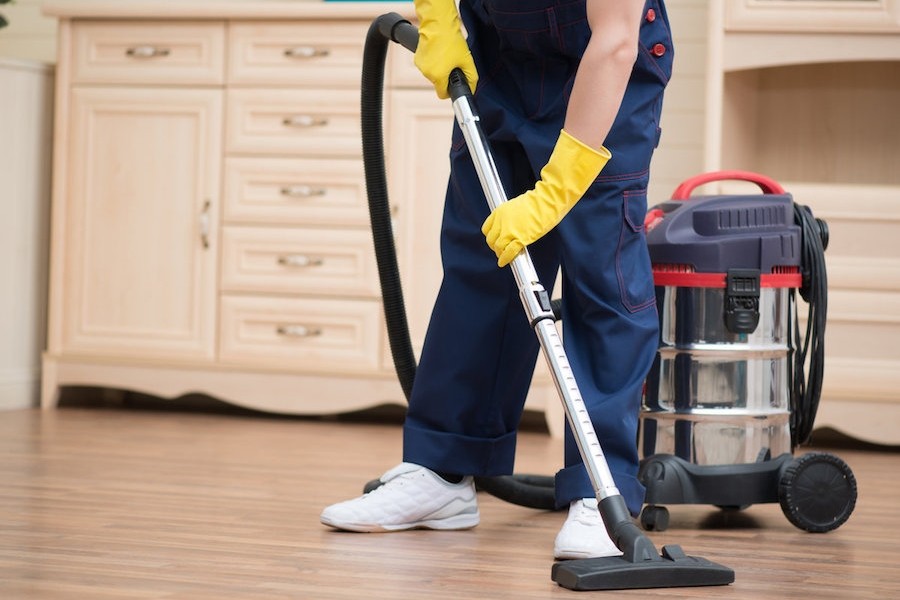Preventative measures are the most effective strategy to combat the consequences of fats, oils, and grease (FOG) in your process. FOG is expensive to deal with whether it comes from restaurants, food processing facilities, households, or any other source. FOG has a detrimental effect on sewer pipes, much like the effects that plaque has on the arteries of the human circulatory system.
FOG can back up where it came from, overflow onto streets, or even damage natural resources like lakes, rivers, or seas when it solidifies. There may be millions of gallons of FOG to clean up in addition to the fact that the situation is unhygienic and offensive. This depends on how much FOG has accumulated and how long it has been doing so. The maintenance, health, and environmental fines associated with these spills’ regularity can run into the millions of dollars.
Municipalities therefore invest a lot of money on sewer pipe cleaning as a preventative strategy to maintain sewage pipes operational and functional. Operators in charge of waste water treatment also want to make sure that the issue does not significantly slow down the water treatment process. Even though firms that produce FOG have grease traps in place, a lot of FOG still manages to cross the wet well network in most cities. The final effect is a slowing in the treatment process and an increase in maintenance costs because pumps and generators are not equipped to handle the additional scum. In a perfect world, everyone of us would ensure that trash or oily materials don’t enter the sewer system by disposing of them in different ways other than down the drain. Because we all pay in the end in some way, a little bit of prevention could save us all a lot of money.
What more is possible to do to lessen some of the maintenance expenditures related to this fatty problem?
Is there a chance to cut costs and save time when working with FOG? Utilizing the wall cling reduction feature present in ultrasonic level controllers, the answer is yes. Any time there is a chance to cut back on maintenance, time and money are saved. For instance, the problem with FOG is not limited to the sewage pipes; it also affects the network of wet wells, which must also be maintained to avoid or minimise overspills and prevent equipment breakdown. False level readings from level devices are one of the major problems that you wish to prevent (in case of the level sensor is mounted too close to the wet wall.) Of course, not every location produces FOG in the same way. Depending on the local industries and population density, the amount of fat ring buildup in some wet wells can range from mild to severe. If you could cut the number of trips to problematic regions by 20% or even just 10%, you would use less human labour and fewer degreasing products and travel less distance to and from the maintenance sites.
ViperJet is helping in Wet wells cleaning in New Jersey and New York areas, depending on the size of your business, the savings could amount to tens of thousands of dollars annually with the help of professional wet wells cleaning company.

